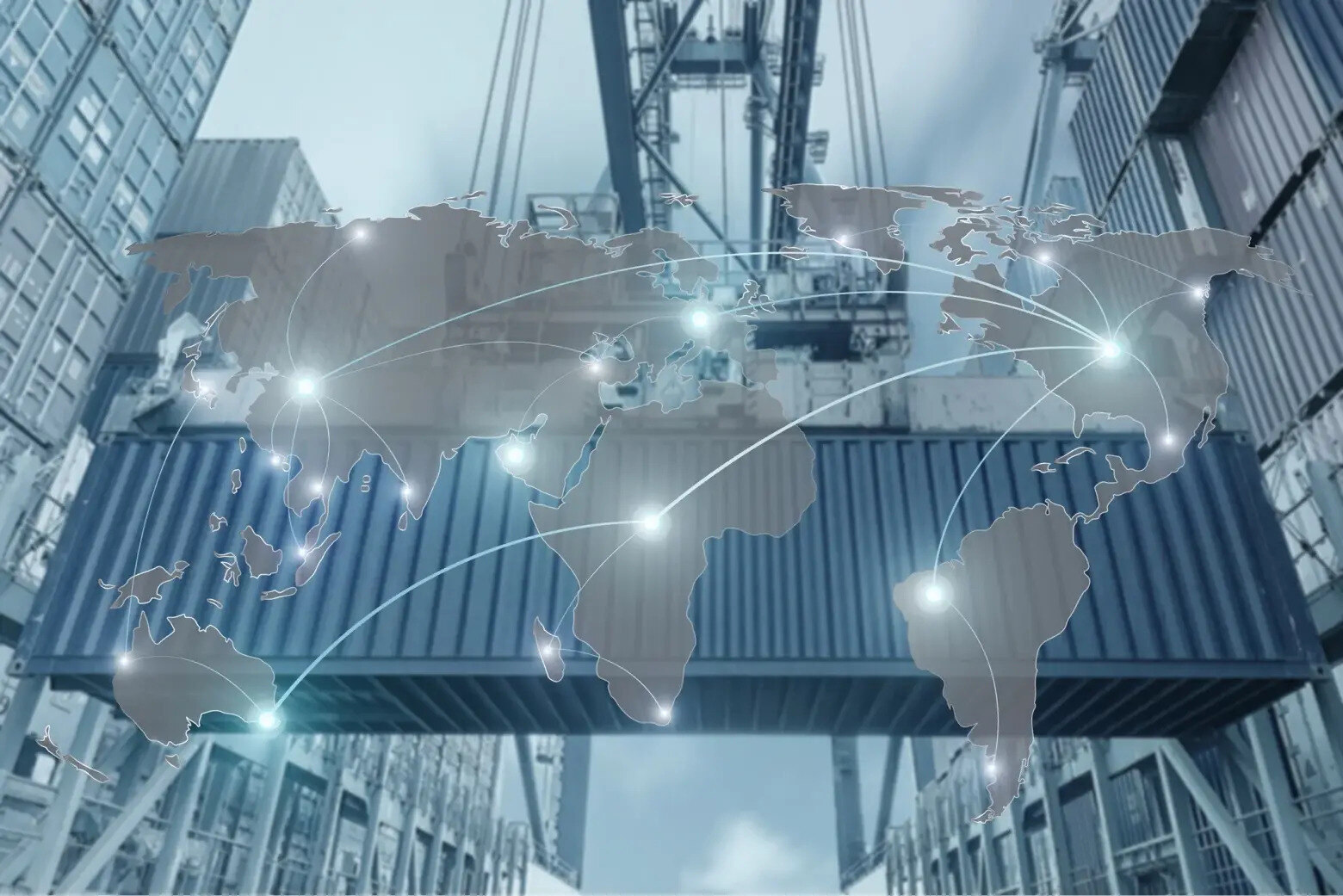
Global trade is a complex web connecting countries, businesses, and consumers worldwide. Ever wondered how your favorite gadgets or clothes reach you from halfway across the globe? Global trade makes it possible. It involves importing and exporting goods and services, creating jobs, and boosting economies. But there's more to it than just shipping containers and customs checks. From trade agreements to tariffs, many factors influence how products move across borders. Understanding these elements can help you appreciate the journey of everyday items. Ready to dive into some intriguing facts about global trade? Let's get started!
The Origins of Global Trade
Global trade has a rich history that dates back thousands of years. Understanding its origins helps us appreciate its impact on modern society.
-
The Silk Road was one of the earliest trade routes, connecting Asia with Europe and Africa. It facilitated the exchange of goods, ideas, and culture.
-
Ancient Egypt traded extensively with neighboring regions, exchanging gold, papyrus, and linen for cedar wood, ebony, and ivory.
-
The Phoenicians, known for their seafaring skills, established trade networks across the Mediterranean, trading goods like purple dye and glass.
-
The Roman Empire's vast network of roads and ports enabled the trade of goods such as olive oil, wine, and grain across Europe, Asia, and Africa.
The Evolution of Trade Practices
As civilizations advanced, so did their methods of trade. Innovations and discoveries played a significant role in shaping global trade practices.
-
The Age of Exploration in the 15th and 16th centuries saw European nations like Spain and Portugal establishing trade routes to the Americas, Africa, and Asia.
-
The invention of the compass and advancements in shipbuilding allowed for longer and more reliable sea voyages, expanding trade networks.
-
The establishment of the Dutch East India Company in 1602 marked the beginning of modern multinational corporations, facilitating global trade on an unprecedented scale.
-
The Industrial Revolution in the 18th and 19th centuries revolutionized production and transportation, leading to a surge in international trade.
The Impact of Trade on Economies
Trade has a profound impact on economies, influencing growth, development, and prosperity. Here are some key facts about its economic significance.
-
Trade allows countries to specialize in producing goods and services they are most efficient at, leading to increased productivity and economic growth.
-
Exporting goods and services generates revenue for countries, boosting their economies and creating jobs.
-
Importing goods and services provides consumers with a wider variety of products, often at lower prices, improving their standard of living.
-
Trade agreements, such as NAFTA and the European Union, have facilitated the flow of goods and services between member countries, promoting economic integration.
The Role of Technology in Modern Trade
Technology has transformed global trade, making it faster, more efficient, and more accessible. Here are some ways technology has impacted trade.
-
The internet has enabled businesses to reach global markets, allowing even small enterprises to participate in international trade.
-
E-commerce platforms like Amazon and Alibaba have revolutionized retail, making it easier for consumers to purchase goods from around the world.
-
Advances in logistics and supply chain management, such as containerization and RFID technology, have streamlined the movement of goods across borders.
-
Blockchain technology is being used to enhance transparency and security in trade transactions, reducing fraud and improving trust between trading partners.
Trade and Cultural Exchange
Trade is not just about goods and services; it also facilitates cultural exchange, enriching societies and fostering mutual understanding.
-
The spread of spices, such as cinnamon and pepper, through trade routes introduced new flavors and culinary traditions to different parts of the world.
-
The exchange of textiles, like silk and cotton, influenced fashion and clothing styles across cultures.
-
Trade in art and artifacts has allowed societies to appreciate and preserve the cultural heritage of other civilizations.
-
The introduction of new crops, such as potatoes and tomatoes, through trade had a significant impact on agriculture and diets worldwide.
Challenges and Controversies in Global Trade
Despite its many benefits, global trade also faces challenges and controversies. Here are some key issues that have arisen.
-
Trade imbalances, where one country imports more than it exports, can lead to economic instability and tensions between nations.
-
Protectionist policies, such as tariffs and quotas, can hinder free trade and lead to trade wars, affecting global economic growth.
-
The exploitation of labor in developing countries, where workers may face poor working conditions and low wages, raises ethical concerns about the impact of global trade.
The Final Word on Global Trade
Global trade shapes our world in countless ways. From the Silk Road to modern shipping routes, trade has always been a cornerstone of human progress. It drives economic growth, fosters innovation, and connects cultures. Understanding the complexities of tariffs, trade agreements, and supply chains can seem daunting, but it's crucial for grasping how our global economy functions.
Trade impacts everything from the price of goods to job creation. It also plays a role in diplomatic relations and environmental policies. As technology advances, the landscape of global trade continues to evolve, bringing both challenges and opportunities.
By staying informed about these dynamics, we can better appreciate the interconnected world we live in. Whether you're a student, a professional, or just curious, knowing these facts about global trade can offer valuable insights into how our world operates.
Was this page helpful?
Our commitment to delivering trustworthy and engaging content is at the heart of what we do. Each fact on our site is contributed by real users like you, bringing a wealth of diverse insights and information. To ensure the highest standards of accuracy and reliability, our dedicated editors meticulously review each submission. This process guarantees that the facts we share are not only fascinating but also credible. Trust in our commitment to quality and authenticity as you explore and learn with us.


